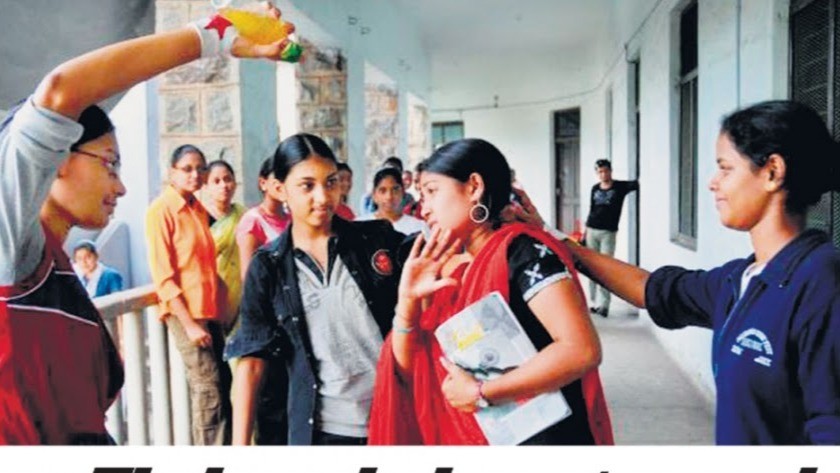Colombo, July 9, 2025 — In a sweeping judgment hailed as a turning point in student safety, the Supreme Court of Sri Lanka has delivered a decisive order to combat ragging in state universities, following a harrowing incident at the University of Sri Jayewardenepura that left a first-year student with life-altering injuries.
The case, SC FR 216/2020, was brought by Attorney-at-Law Shermila Priyadarshani Silva on behalf of her brother, Pasindu Hirushan Silva, who suffered severe head and chest trauma after being struck by a rolling backhoe tyre during a student event. The incident, allegedly orchestrated by intoxicated seniors in violation of university rules, resulted in partial paralysis and retrograde amnesia for the young petitioner.
A Culture of Silence Exposed
The Court condemned the deep-rooted culture of ragging — often framed as tradition — as a manifestation of social dominance, misogyny, and institutional negligence. “Ragging corrupts the core intent of free education,” the judgment declared, citing cases of suicide, psychological trauma, and academic dropout among victims.
Justice A.L. Shiran Gooneratne, delivering the opinion of the Court, emphasized the failure of universities and law enforcement to enforce existing legal protections. “Enforcement mechanisms have manifestly failed,” the ruling stated, urging a zero-tolerance approach to institutionalized abuse.
Guidelines That Could Reshape Campus Life
Rather than focus solely on a rights violation declaration, the Supreme Court pivoted toward systemic reform. The judgment mandates all state universities to adopt comprehensive safeguards, including:
- Victim Support Committees with psychologists, legal advisors, and vetted student representatives
- Foundation & Mentorship Programs to educate students on respect, mental health, and leadership
- Campus Surveillance & Safety Measures such as CCTV, marshal patrols, and controlled hostel access
- Police Accountability for delays or pressure placed on victims to withdraw complaints
- Revised Disciplinary Bylaws and Confidential Reporting Systems
Student unions and staff members will be held accountable for inaction or complicity. Guidelines also cover cyber-ragging, substance abuse, and gender-based harassment, with protective protocols modeled after witness protection programs.
“This Is Not Just About One Student”
The Court’s decision underscores that ragging is not merely an issue of bullying but reflects broader systemic injustices. Victims often come from diverse socio-economic and regional backgrounds, with female students disproportionately affected.
While justice for Pasindu remains underway in the Magistrate’s Court of Gangodawila, this ruling reverberates far beyond a single case. The Ministry of Higher Education and the University Grants Commission must now report back to the Court within six months on enforcement progress, including budget allocations, bylaw drafting, and ministerial directives.
A Call to Action
“This judgment is a wake-up call for every stakeholder in higher education,” said legal observers. “Sri Lanka’s universities are being asked to transform from passive enablers into active protectors of student welfare.”
With nationwide reform on the horizon, the ruling signals the start of a new chapter—one where academic ambition need not be compromised by fear.
Three SC judges presided over this landmark case, addressing systemic failures in preventing ragging in Sri Lankan universities and issued sweeping guidelines for institutional reform. they are Justice A.L. Shiran Gooneratne (delivered the judgment), Justice K. Priyantha Fernando and Justice Sobhitha Rajakaruna.
Read the judgment in full: sc_fr_216_2020
